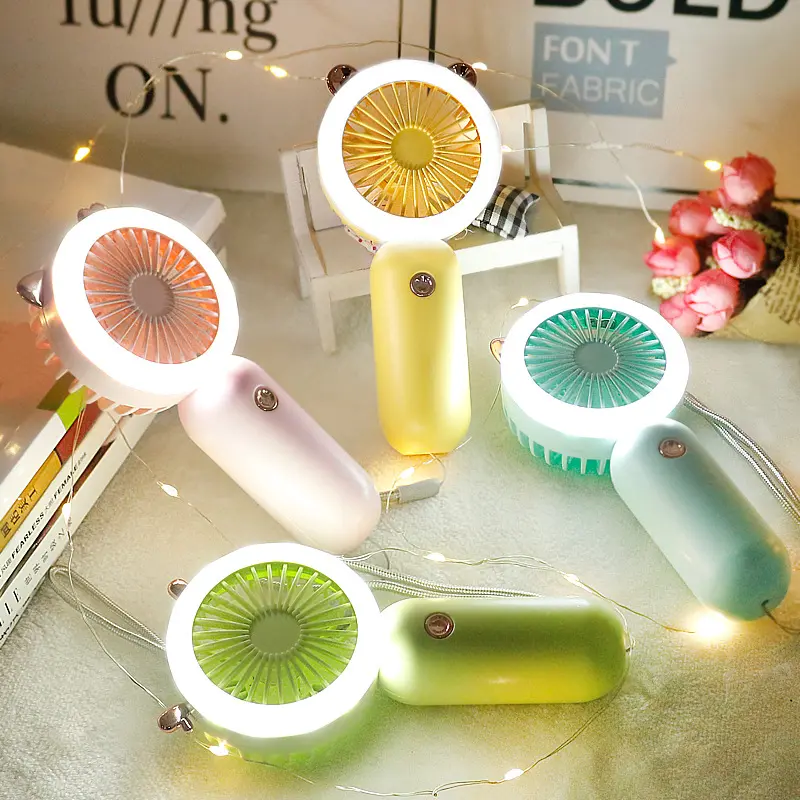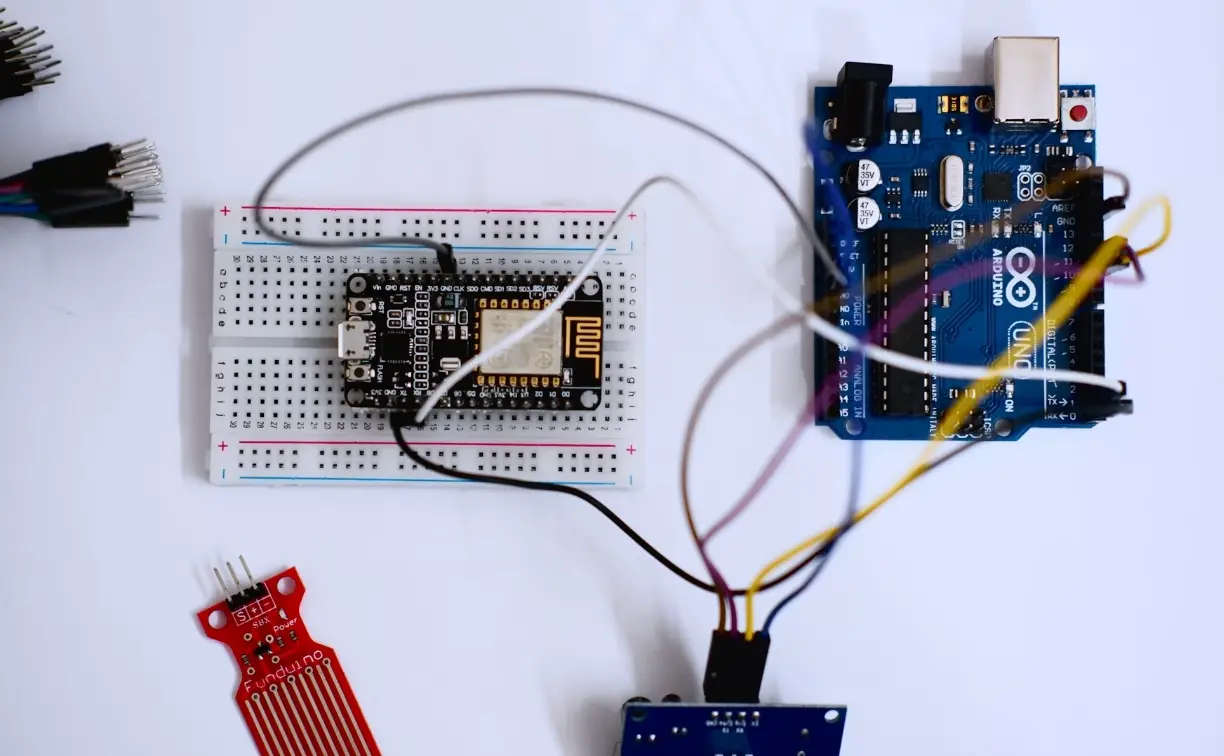
What is an Energy Efficiency Certificate?
An energy efficiency certificate is a system that assesses and certifies a product's energy consumption. It aims to help consumers understand the energy consumption of products, enabling them to make more informed and environmentally friendly purchasing decisions.
Common Energy Efficiency Certifications
U.S. Energy Efficiency Certifications (DOC, CEC, etc.)
DOE Certification: Mandatory by the U.S. Department of Energy for products on its list, such as air conditioners and external power adapters. Products on the list must obtain DOE certification to be sold in the U.S. market.
CEC Certification: Certified by the California Energy Commission, applicable to the California market.
EU Energy Efficiency Certification (ERP)
The EU ERP energy efficiency certification is a directive formulated by the EU for energy efficiency labeling requirements of energy products. It ensures that energy products sold in the EU market meet the minimum energy efficiency standards, thereby reducing energy consumption and environmental impact.
China Energy Efficiency Certification
China's energy efficiency label is an information label attached to products or their smallest packaging, indicating the energy efficiency grade and other performance indicators of energy-consuming products, guiding and helping consumers choose energy-efficient products.
Australian GEMS Certification
The Australian GEMS energy efficiency certification is a Greenhouse and Energy Minimum Standards certification established based on environmental and energy policies in Australia and New Zealand. It aims to promote energy conservation and emission reduction in electrical and electronic products and protect the environment.
Canadian NRCan Certification
Canadian NRCan certification is an energy efficiency certification implemented by the Natural Resources Canada, responsible for overseeing and enforcing energy efficiency regulations.
Philippine Energy Efficiency Certification
The main purpose of the Philippine energy efficiency certification is to ensure that all energy-consuming products used by Filipino consumers are safe and high-quality, and comply with the latest safety and performance requirements stipulated by the Bureau of Product Standards (BPS) and the Department of Energy (DOE).
Application Process for Energy Efficiency Certifications
The above are commonly seen international energy efficiency certifications. In fact, the energy efficiency certification processes in each country are similar. Applications can be made directly, with products sent to institutions for testing. Upon completion, registration is required on the energy efficiency official website. The general process is like this, with some details varying based on the product or the energy efficiency being applied for.
Product Scope
Common products include household appliances such as refrigerators, air conditioners, washing machines, dishwashers, power strips, and displays; lighting products, including various lamps, light sources, control systems, and accessories; electronic devices, and industrial equipment. Corresponding energy efficiency labels and identification requirements exist for products in these categories.
China JJR Laboratory provides energy efficiency certification services for small household appliances in various countries, helping enterprises save 30% on certification costs. Welcome to inquire!
Email:hello@jjrlab.com
Write your message here and send it to us
 FCC Certification Fees for Handheld Fans
FCC Certification Fees for Handheld Fans
 FCC Certification Testing for Smart Lighting Produ
FCC Certification Testing for Smart Lighting Produ
 What is the ETSI EN 303 645 Testing Standard?
What is the ETSI EN 303 645 Testing Standard?
 UL Compliance and ETL Certification for LED Lighti
UL Compliance and ETL Certification for LED Lighti
 What is the IEC 60598 Standard?
What is the IEC 60598 Standard?
 What is the Canada IC Logo?
What is the Canada IC Logo?
 EMC Pre Compliance Testing
EMC Pre Compliance Testing
 PAHs Testing (Food and Textile)
PAHs Testing (Food and Textile)
Leave us a message
24-hour online customer service at any time to respond, so that you worry!




